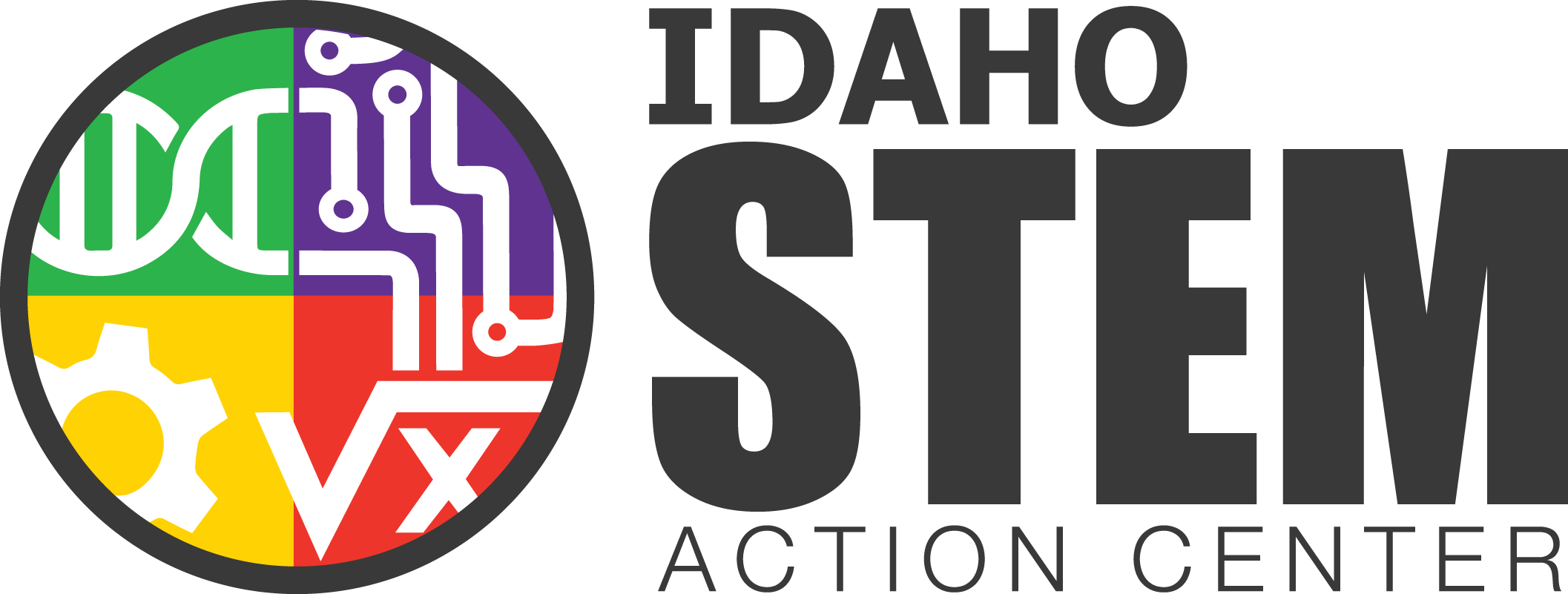i-STEM at Lewis-Clark State College

i-STEM is a summer professional development opportunity for educators (PK-12) working in both classroom and informal settings. During the Institute, participants attend a strand on project-based, hands-on learning in a chosen content area, as well as general sessions tied to the Institute theme. Strand topics vary by location and can be accessed at the Institute links below in January 2024. Each participant will receive a kit of instructional materials unique to their strand, so that they can implement what they have learned in their own teaching environments.
2024 Theme is STEM Leaders: Launching a STEM Identity
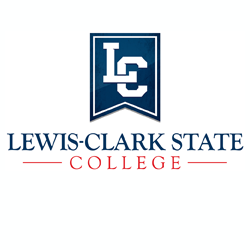 Participants were encouraged to attend i-STEM with colleagues from their own school, district or organization so they could learn together, share ideas and collaboratively implement what they had learned.
Participants were encouraged to attend i-STEM with colleagues from their own school, district or organization so they could learn together, share ideas and collaboratively implement what they had learned.
STEM AC is reaching out to businesses throughout the state to sponsor registration fees. We will reach out to you once you are accepted into the program and let you know if your registration fee is covered by a sponsor.
Your district may have funds to pay your registration fee to attend STEM AC PD opportunities. Learn more about Title 4 funding here and talk to your local administrator for guidance.
Status: Closed
Fees for 2025: $50, 25% discount for group registrations.
Eligible Applicants: All educators – formal and informal
2025 Funding Schedule
Open: February 3, 2025
Close: March 14, 2025
Award date: April 4, 2025
i-STEM Dates for LCSC:
June 2025
PD Credits: PD credit is available for participation in this program.
Location:
Lewis-Clark State College
Sacajawea Hall
500 8th Ave
Lewiston, ID 83501
Map and Directions
Professional Development Credits
2024 Strands
Note: Kit contents and field trips are subject to change.
Strand Provider: Seth Long
Keywords: Workforce, Innovation, STEM challenges
Strand Description: This training/course covers the foundations of semiconductor science and technology. Students will learn what semiconductors are, where they are used in Idaho and beyond, how to build basic circuits, and what careers are possible in the semiconductor industry. They will explore industry innovations and manufacturing, trace paths to reach career goals in the semiconductor industry and investigate the future of semiconductor science through team challenges and gamified learning explorations.
Your kits will/may include: As part of this course, students will learn using hands-on electronics with programming. The SparkFun Tinker Kit or SparkFun LED Project Kit will be utilized for this training.
Setting(s): Formal Classroom, Informal Learning Environment
 Strand Provider: Morgan Gifford
Strand Provider: Morgan Gifford
Keywords: AI, Project Based Learning, STEM
Strand Description: Unleash the power of innovation in your classroom by learning to think outside the lab. Designed for educators eager to revolutionize their teaching approach, this strand provides resources from MIT’s “How to Train Your Robot” to integrate artificial intelligence (AI) into STEM education. Discover pedagogical strategies that leverage AI to cultivate critical thinking, problem-solving skills, and creativity among students. From personalized learning experiences to interactive simulations, participants will gain experience in integrating AI tools that cater to diverse learning styles and support a deeper understanding of STEM. By the end of the training, you’ll not only be ready to incorporate AI into the classroom but armed with a toolkit of practical, ready-to-use materials for your students. Elevate your classroom to new heights and prepare your students for the future with “Think Outside the Lab.”
Your kits will/may include: Attendees will be provided with Micro:bit robotics components, specifically tailored for implementation with the MIT program “How to Train Your Robot” as well as digital resources from the program that are downloaded and ready to use. They will also be given other materials that will support hands-on STEM learning through implementing AI in the classroom.
Setting(s): Formal Classroom, Informal Learning Environment
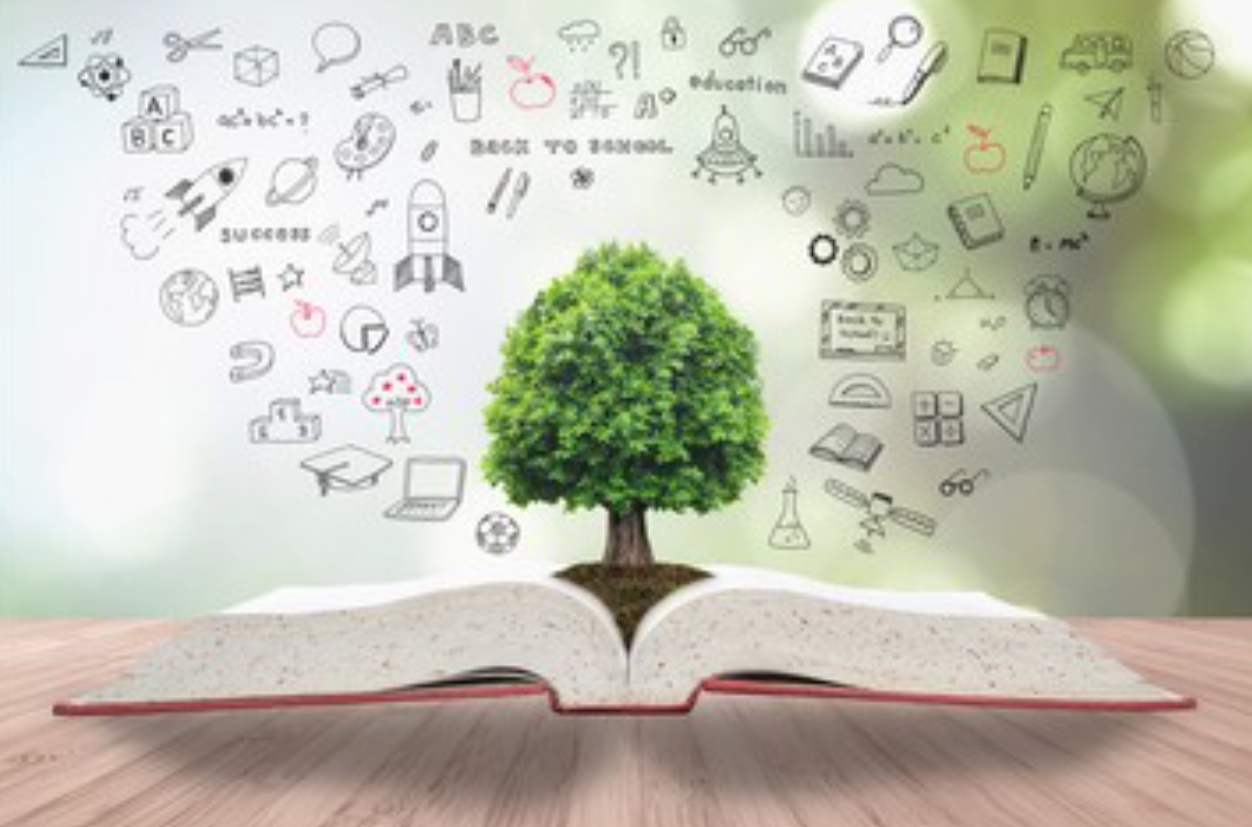 Strand Provider: Jennifer Rude
Strand Provider: Jennifer Rude
Keywords: STREAM, forestry, environmental science
Strand Description: The Story of Forests will connect literacy to environmental science by using literature to introduce and build interest in ecology with a focus on forests. Topics will include forest diversity, systems and structure, interrelationships, and patterns of change. Participants will explore these topics using various strategies including collaboration, inquiry-based instruction, and reflection. Participants will experience a variety of activities covering language arts, science, visual arts, and math. The Story of Forests will use the STREAM model to increase integration across curriculum, increase creativity, and promote problem solving skills. Participants will use the Project Learning Tree Activity Guide and Picture-Perfect STEM and Science guides as resources to learning.
Your Kit will/may include: Participant Kit would include Project Learning Tree Activity Guide Picture Perfect STEM K-2 Picture Perfect STEM 3-5 Picture Perfect Science K-5 Tree Cookie Kit 7-10 Trade books (choice based on grade level) Variety of activity supplies (based on grade level) This kit would give educators 100+ integrated activities to take back to their classrooms and use with very little prep time. The tree cookies and other materials would give educators a good start on beginning their adventure into integration.
Setting(s): Formal Classroom, Informal Learning Environment
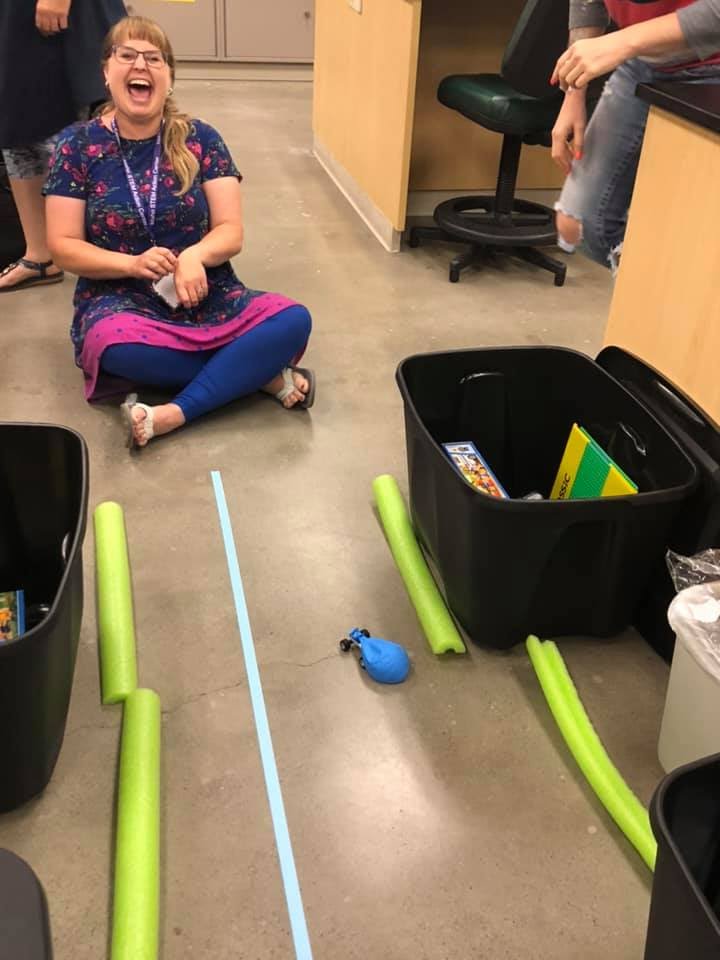 Strand Provider: Melissa Stroupe
Strand Provider: Melissa Stroupe
Keywords: Cross-curricular, STEAM, hands-on
Strand Description: Get ready to piece it all together to create a deeper understanding! We are going to start small and build our way towards gaining multiple ideas for you to implement into your classroom in a variety of content areas. You will be given a file of resources that you can start using them in your classroom right away. We will learn about some creation ideas, stations, and challenges that you can have your students try for high levels of learning, engagement, rich conversations, while they are learning to solve real world problem. We will be exploring how this can work in your elementary classroom whether for a specific grade level, special classroom, or intervention. We look forward to creating lifelong partnerships within our community, all while having a lot of fun!
Your Kit will/may include: Our kit is a tote full of LEGO brand building blocks and baseplates! There are different Lego kits, allowing for different opportunities to build, but also using them in multiple different builds. These pieces are tied to specific tasks that we do with the educators. The idea is that they have stations and enough blocks so they can use all the materials day 1 of school. We also have our participants partake in each of the activities to allow for rich conversations on how to implement in our classrooms, create new ideas for their specific standards, and become more comfortable with LEGO blocks. They can use all the materials given year after year. As Plato has said, “You can discover more about a person in an hour of play than a year of conversation,” and we build on this statement with our stations. We get teachers comfortable with the idea of incorporating student lead discussion and problem solving. We also show and explain different strategies to try with our young learners, to help create problem solvers and critical thinkers.
Setting(s): Formal Classroom, Informal Learning Environment
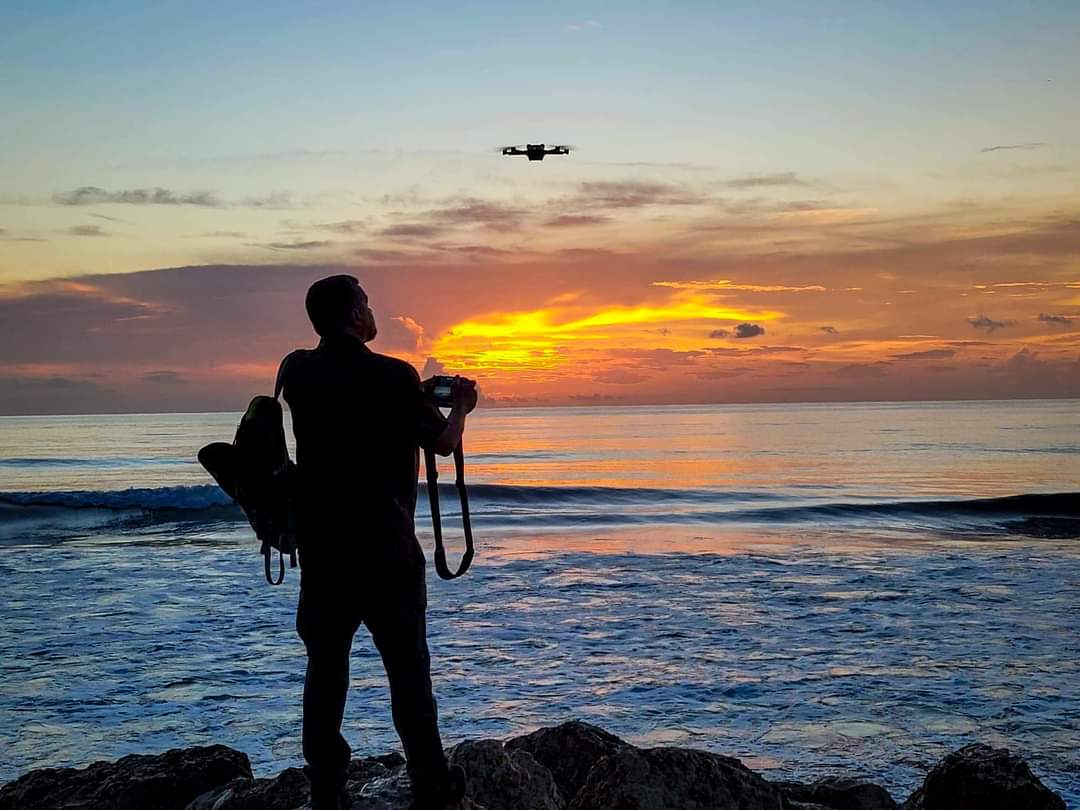 Strand Provider: Brett Hoagboam
Strand Provider: Brett Hoagboam
Keywords: Drones, FAA Regulations, Aerial Photography, Aerial Cinematography, 107b Certification
Strand Description: Unmanned aerial systems (drones) have revolutionized a wide variety of applications from imaging, data collection, public safety, agriculture and science. Although the technical aspects of drone operations are wildly diverse, the core principles of flight, safety and management of the national and global airspace are mostly the same. In this strand, we will explore the fundamentals of drone operations, FAA regulations and Drone etiquette while incorporating some basic photography and cinematography techniques to add an element of fun to the training. With the knowledge and experience gained while attending this strand, educators will have a basic understanding of drone operations to share with students who may find interest in a career with drones.
Your Kit will/may include: DJI Mine SE Drone. Beginner aerial camera system for basic video and photography. This will expose educators to actual implementation of the skills they have learned in the strand for a
real-world application of their new skills.
Setting(s): Formal Classroom, Informal Learning Environment
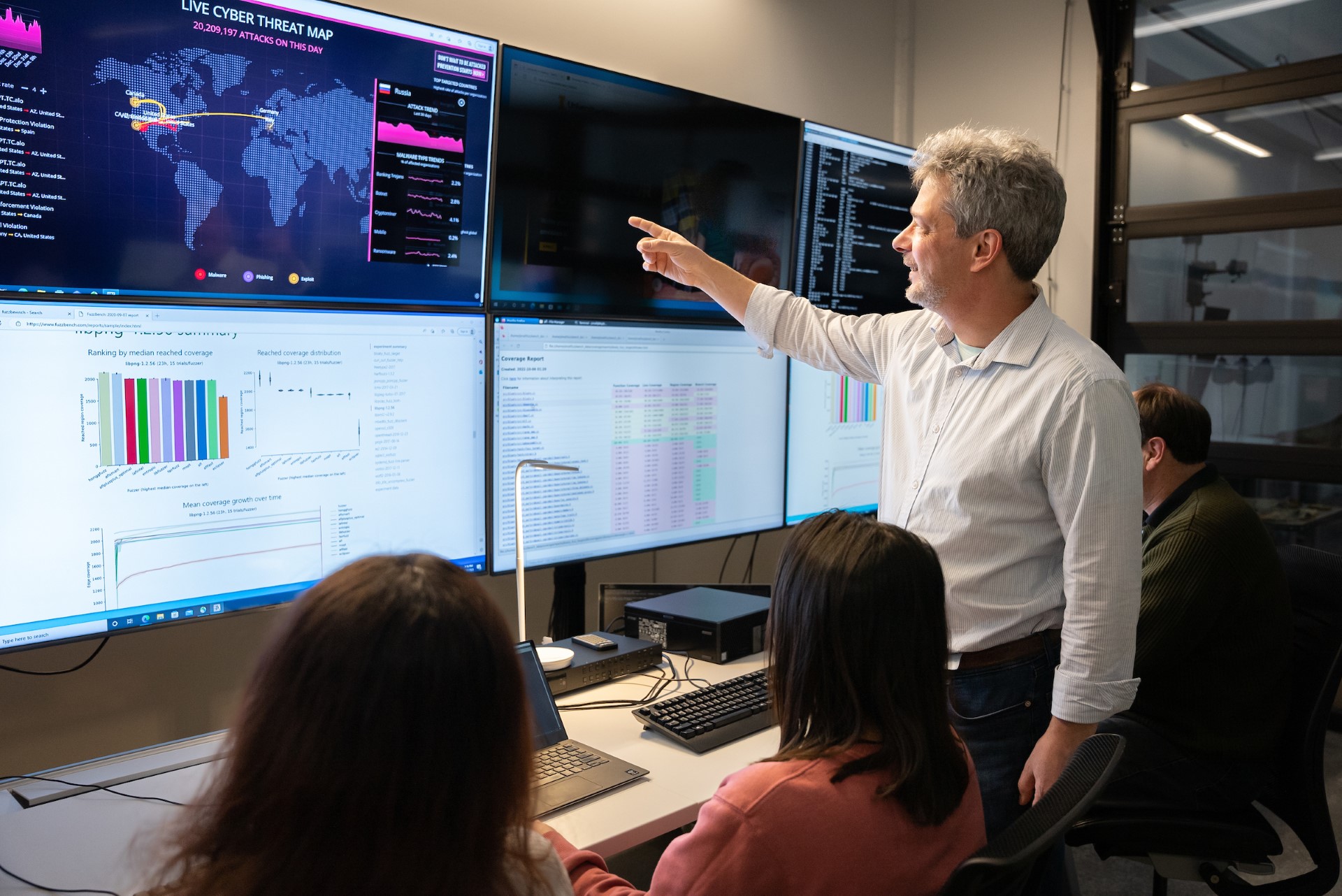 Strand Provider: Terence Soule
Strand Provider: Terence Soule
Keywords: Coding, dual credit
Strand Description: Learn ways to incorporate programming in your classroom and how to offer the University of Idaho’s CS112 Computational Thinking and Problem Solving as a dual credit course. CS112 is an engaging introduction to programming for students with little or no programming experience. This Strand is an introduction to programming, robotics, and to the CS112 curriculum. Including beginning programming in Scratch, NetLogo, and Processing, general programming concepts, and ways to make programming an engaging topic. And a tour of UI’s CdA state-of-the-art robotics lab.
Your Kit will/may include: The kits for this strand are a combination of virtual resources that the participants can take back to their classroom and a small robotics platform that is well suited to classroom demonstrations. The virtual resources consist of an account in Scratch, downloaded versions of NetLogo and Processing, and the complete curricular materials for the CS112 Computational Thinking and Problem-Solving course. Additionally, to support the teachers there two books that are included to support extending the curriculum, both have free PDFs: The Nature of Code, by Daneil Shiffman and A Field Guide to NetLogo, by Steve Scott and Matt Koehler.
Setting(s): Formal Classroom, Informal Learning Environment


